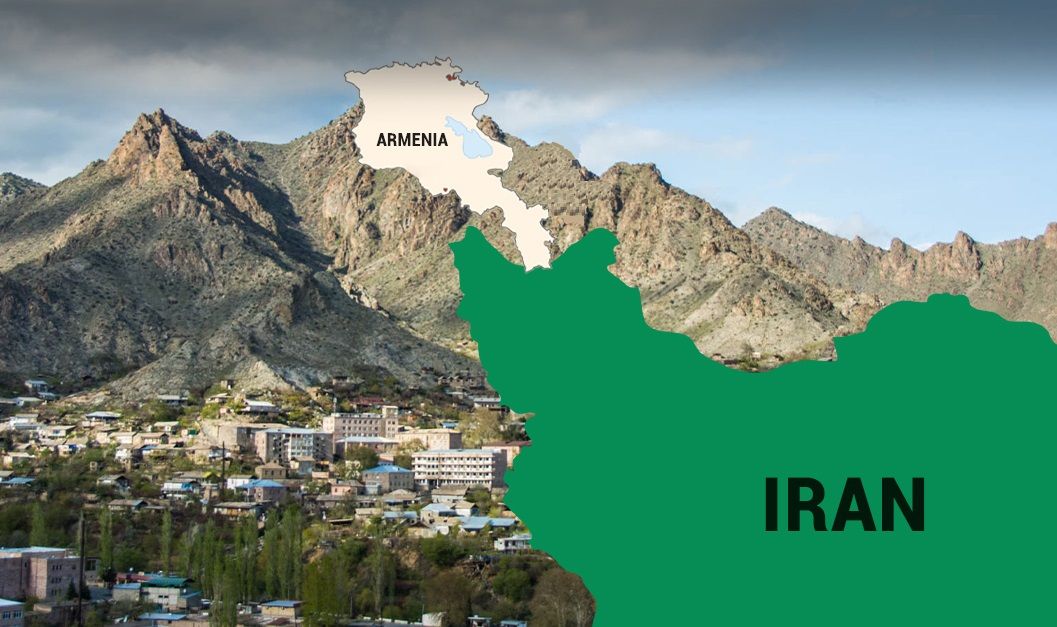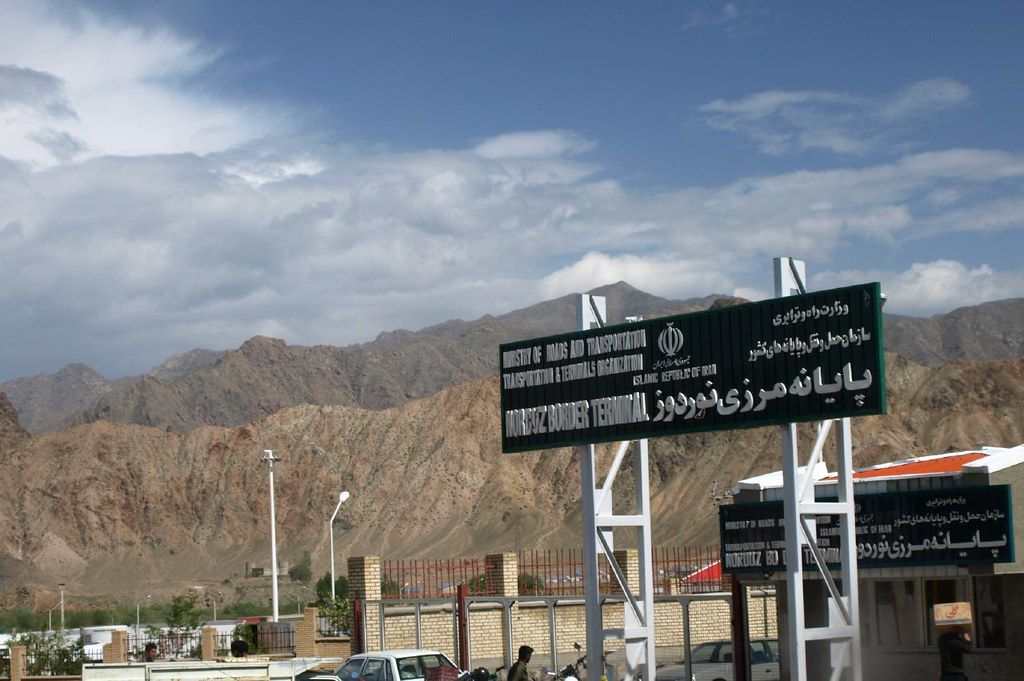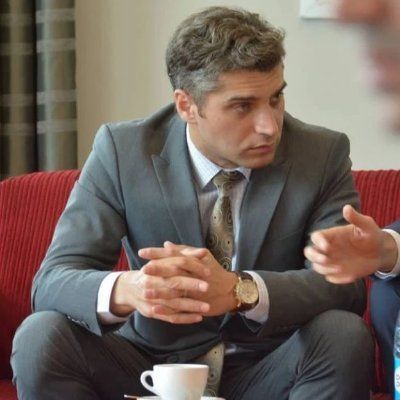Armenia's geopolitical risks and impact on Tehran's redline doctrine

The Summit of the CIS Heads of State attended by the heads of state and government of Azerbaijan and Armenia was remarkable by a number of important moments. Although there was no one-on-one meeting between Prime Minister Nikol Pashinyan and President Ilham Aliyev about the peace process, the statements of the head of the Armenian government about 'updates to the geopolitics' of the region revealed a new topic.
Obviously, the borders of Armenia have been controlled by Russia since 1992. After the collapse of the Soviet Union, the Yerevan administration, whose country's border security was provided by Russia, has already announced for the first time that it has decided to take this authority back from Moscow. Prime Minister Nikol Pashinyan agreed to this while talking to Russian President Vladimir Putin, but some nuances related to border control seriously affected its staunch ally Tehran.
While it is stated in the agreement that the Russian military will continue to control the borders of Armenia with Turkiye together with the Armenian border guards, it is emphasised that the borders with Iran will be controlled only by the Armenians themselves. That is, according to the negotiations, the Russian military will no longer function in the abovementioned segment.
Tehran, as usual, takes heed, and its panicking reaction forces it to interpret the matter in different ways. The Iranian side believes that Armenia will withdraw Russian troops from the border and replace them with NATO forces, which in itself is perceived as a threat to Iran.
It should be recalled that some time ago, official Tehran expressed its harsh protest to the negotiations between Azerbaijan and Armenia regarding the opening of the Zangazur Corridor. Even Iran, reacting sharply to Azerbaijan's demands to Armenia regarding the opening of the Zangazur Corridor, said, "Armenia's borders are our red line."

What is Iran thinking now?
Yerevan actually, stands on the point that Tehran is mostly concerned about, and these decisions it takes from the West do not satisfy its southern neighbour at all.
Some experts even believe that January 2025 may be the inception of a new era in Armenian-Iranian relations. This can also be applied to Russia if we take into account that today Armenia is trying to increase the Western military contingent in its territory, moreover, it aims to increase the mandate of the European Mission, which displeases the official Kremlin.
However, Russia seems confident that it can settle this issue with Armenia finding a common language. Nikol Pashinyan, who met with President Putin at the summit of CIS heads of state, openly spoke about the growing trade turnover in the last and current years. This indicates that the parties are able to take more pragmatic steps behind intense political motives when there is a need.
Currently, Russia does not see any need to maintain its military contingent in the South Caucasus, moreover, instead of speaking harshly to the whimsical Armenia, it treats it with some affection. Because Russia prefers not to lose an ally in the South Caucasus, but rather to satisfy the parties in order to manage the ongoing tense situation on the western borders. Moscow knows that Yerevan does not implement the border decision on its own; the West, standing behind it, is mobilising both Yerevan and Kyiv against Russia with all its might. Therefore, Russia still turns a blind eye to the almost intolerable whims of Armenia.
What will be the fate of Iran's red line then?
Most likely, if Armenia settles only with the West, Iran's displeasure will remain on its own. In recent days, Iran's attitude towards the current processes has also been strongly condemned by pro-Armenian Iranian politicians. Because the border belongs to Armenia, and the decision is made by the Yerevan administration - and Iran's interference in this is no longer appropriate. At the last point, it seems inevitable that Iran should continue its relations with Azerbaijan at a higher level – even way better than ever. As for the opening of the Zangazur Corridor, a more adequate solution to this issue depends on Armenia's logical approach to matters in negotiations. In any case, the near future will make it more clear...
---
Elnur Enveroglu is AzerNews’ deputy editor-in-chief, follow him on @ElnurMammadli1
Follow us on Twitter @AzerNewsAz
Here we are to serve you with news right now. It does not cost much, but worth your attention.
Choose to support open, independent, quality journalism and subscribe on a monthly basis.
By subscribing to our online newspaper, you can have full digital access to all news, analysis, and much more.
You can also follow AzerNEWS on Twitter @AzerNewsAz or Facebook @AzerNewsNewspaper
Thank you!

